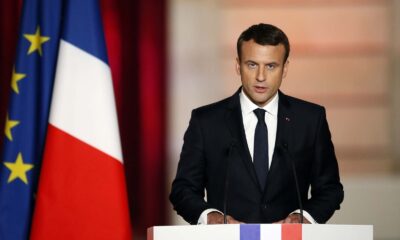News
Nigeria On Edge: Russian Flags Appear Amidst Protests As Tinubu Calls For Calm

Nigeria At A Crossroads: Tinubu’s Call For Calm Amidst #EndBadGovernance Protests
As Nigeria grapples with the ongoing #EndBadGovernance protests, President Bola Tinubu addressed the nation on Sunday, urging calm and accusing “a few disgruntled politicians” of sponsoring the demonstrations. The President’s nationwide broadcast came amidst growing concerns about foreign influence, as Russian flags were spotted among protesters in Kano.
Tinubu defended his economic policies, including the removal of fuel subsidies and abolition of multiple foreign exchange systems, as necessary decisions to reverse decades of economic mismanagement. He highlighted his administration’s efforts to stabilize the economy, improve infrastructure, and create opportunities for young people.
However, human rights lawyer Femi Falana criticized the President’s speech, saying it failed to address the key demands of the protesters, including the return of fuel subsidies, improvements in living standards, and cuts in the cost of governance. Falana called on the government to set up commissions of inquiry to investigate the killings of peaceful protesters and bring those responsible to justice.
As the situation unfolds, Nigerians are left wondering about the future of their country. Will Tinubu’s call for calm be heeded, or will the protests continue? Can the government address the grievances of the people, or will foreign influences exploit the situation? One thing is certain – Nigeria stands at a crossroads, and the choices made now will shape its destiny for generations to come.
The #EndBadGovernance protests, which began on August 1, aim to address the country’s economic hardship. Demonstrators have taken to the streets, waving Nigerian flags and chanting slogans against bad governance. However, the appearance of Russian flags has raised concerns about foreign influence.
Security experts have expressed concerns about the potential security implications of foreign influence. Retired Brig.-Gen. Bashir Adewinbi cautioned against conspiring with external forces to undermine Nigeria’s democracy and security. “Our people should be careful; they should not create room for anybody to destroy our country,” he said.
The Nigerian government has yet to comment on the incident involving Russian flags. However, President Tinubu’s address emphasized the need for unity and collective effort to build a brighter future. He announced initiatives to address food security, including the distribution of fertilizers and mechanized farming equipment, and revealed plans to cultivate over 10 million hectares of land to grow essential food crops.
As Nigeria navigates this critical moment, it is essential for all stakeholders to come together and find a way forward. The government must address the grievances of the people, while protesters must be mindful of potential foreign influences. The international community must also watch closely, ensuring that Nigeria’s sovereignty is respected. The future of Nigeria hangs in the balance – will it find a path to peace and prosperity, or will it succumb to the forces of instability? Only time will tell.
News
Macron Urges Europe to Act Like a Global Power Amid Rising Threats
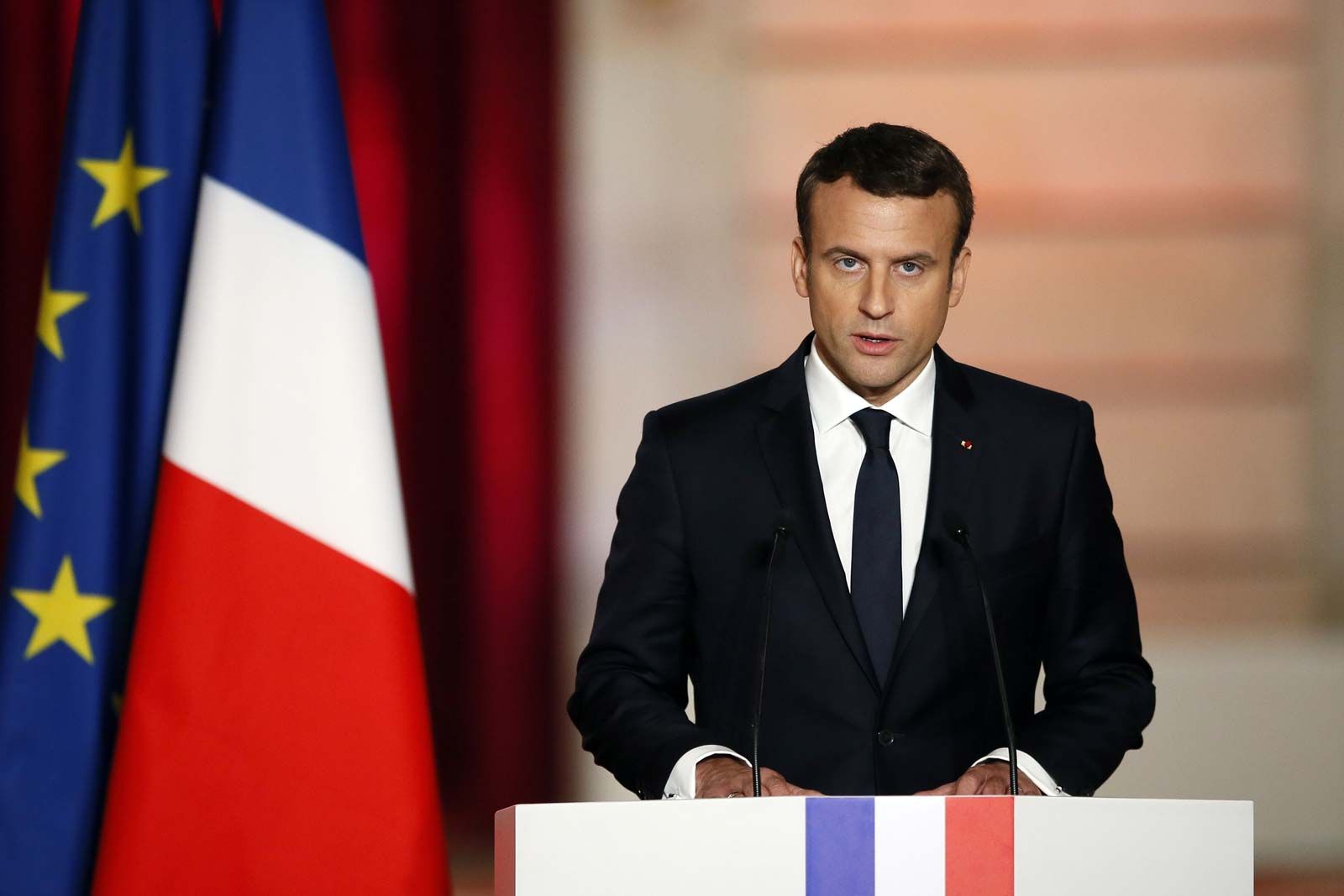
Macron Urges Europe to Act Like a Global Power Amid Rising Threats
French President Emmanuel Macron has renewed his call for Europe to assert itself as a global power, warning that the continent is facing a historic “wake-up call” amid rising geopolitical and economic pressures from China, Russia and even its traditional ally, the United States.
Speaking in an interview with a group of European newspapers ahead of a European Union summit scheduled to hold in Brussels later this week, Macron said Europe must move beyond rhetoric and begin to act decisively like a power, particularly in the areas of economy, finance, defence, security and democratic governance.
According to him, the changing global order demands a more self-reliant and confident Europe.
He noted that while Europe was once content with building a common market and preventing wars, it has consistently shied away from thinking in terms of power, a mindset he said must now change.
Macron used the opportunity to once again push for the creation of EU-wide mutualised loans, arguing that Europe needs a shared debt mechanism to fund its future.
He proposed the issuance of eurobonds to raise hundreds of billions of euros for large-scale industrial investments across the continent.
“The time has come to launch a shared debt capacity to fund our future expenses,” Macron said, adding that Europe needs ambitious programmes capable of financing its best projects in critical sectors.
However, his proposal is expected to face resistance, particularly from Germany and some northern European countries, which have in the past expressed scepticism over mutualised debt.
Critics argue that France is seeking to shift part of its domestic financial burden onto the wider EU, especially given its long-standing challenges with economic reforms.
Macron acknowledged France’s shortcomings, admitting that the country has never had a fully balanced economic model comparable to some northern European economies.
He also conceded that France did not undertake sweeping reforms in the 2010s like Portugal, Spain, Italy and Greece, reforms which he said are now yielding positive results.
Despite this, the French leader insisted that global financial markets are increasingly showing interest in mutualised European debt, partly due to growing uncertainty around the dominance of the US dollar.
He argued that investors are actively seeking credible alternatives and that Europe, with its strong democratic institutions and rule of law, is well positioned to fill that gap.
He contrasted Europe’s democratic appeal with what he described as authoritarian governance in China and what he sees as a gradual distancing of the United States from the principles of the rule of law.
Macron further disclosed that the 27-member European Union needs about €1.2 trillion annually to invest in strategic sectors such as defence and security, clean energy and artificial intelligence.
He urged the bloc to better protect these industries, noting that while China and the United States actively shield their strategic sectors, Europe remains the most open market in the world.
News
Trade, Tension as Trump Threatens US–Canada Bridge Opening
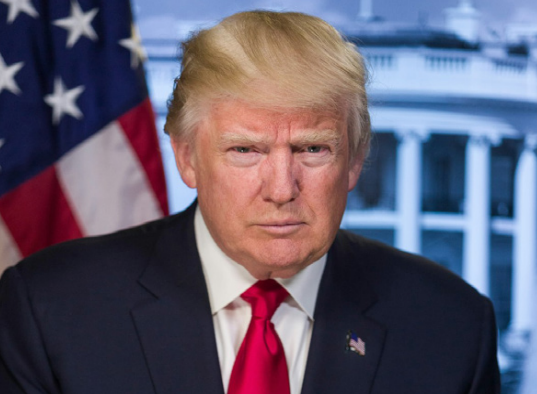
Trade, Tension as Trump Threatens US–Canada Bridge Opening
United States President, Donald Trump, has threatened to block the opening of the Gordie Howe International Bridge linking the US and Canada, insisting that Washington must be “fully compensated” for what he claimed America had given to its northern neighbour.
Trump, in a post on his Truth Social platform, said the bridge would not be allowed to open until Canada treats the United States with what he described as “fairness and respect”.
He also argued that the US should own “at least one half” of the multibillion-dollar infrastructure, claiming that Canada controls both sides of the crossing.
The Gordie Howe International Bridge connects Ontario in Canada with the US state of Michigan and spans the Detroit River.
The project, estimated to cost about 6.4 billion Canadian dollars, is funded by the Canadian government and is being developed by the Windsor-Detroit Bridge Authority, a Canadian federal Crown corporation.
The bridge is to be publicly owned by Canada and the state of Michigan.
Canada’s Prime Minister, Mark Carney, on Tuesday said he had a “positive” conversation with Trump on the issue.
Carney noted that he reminded the US president that Canada paid for the bridge and that it was constructed by both American and Canadian workers using steel sourced from the two countries.
He described the bridge as a strong example of cooperation between the two neighbours and expressed optimism that it would open as scheduled.
According to Carney, Trump suggested that the US ambassador to Canada, Pete Hoekstra, a Michigan native, should help smooth discussions surrounding the project.
Trump’s threat has, however, drawn criticism from US lawmakers in Michigan, who warned of economic consequences.
Michigan Senator, Elissa Slotkin, a Democrat, said blocking the opening of the bridge would be “awful” for the state’s economy, warning that it could lead to higher costs for businesses, weaker supply chains and job losses.
Michigan Governor, Gretchen Whitmer, also rejected Trump’s position, saying the bridge would create jobs and strengthen trade in her state.
Her spokesperson described the project as a product of bipartisan and international cooperation.
Despite Trump’s claim that negotiations would begin immediately, it remains unclear how the US president could legally prevent the opening of the bridge, which is expected to begin operations later this year after final tests and approvals.
Construction began in 2018 after more than a decade of planning and diplomatic wrangling.
Trump also accused former President Barack Obama of allowing construction to begin without the use of US steel, an allegation denied by officials on the Canadian side.
The Mayor of Windsor, Ontario, Drew Dilkens, dismissed the claim, describing it as false and “insane”.
News
Senegal Police Arrest 14 in Transnational Paedophile Ring Linked to France

Senegal Police Arrest 14 in Transnational Paedophile Ring Linked to France
Senegalese authorities have arrested 14 people suspected of operating a paedophile gang spanning Senegal and France, police announced.
The group, active since 2017, is accused of organised paedophilia, pimping, rape of minors under 15, sodomy, and intentional transmission of HIV, with victims allegedly forced into unprotected sex with HIV-positive men.
Four suspects reportedly acted under the direction of a French national arrested in France in April 2025, receiving money in return.
Coordinated raids were carried out in Dakar and Kaolack, with evidence seized and the 14 suspects appearing before a judge on Friday.
The operation was conducted with French police support, and authorities urged the public to report information via a toll-free line.
-

 Business4 days ago
Business4 days agoZenith Bank, Excel Global Media Discuss Strategic Partnership
-
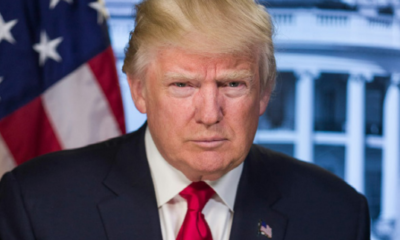
 News4 days ago
News4 days agoTrade, Tension as Trump Threatens US–Canada Bridge Opening
-
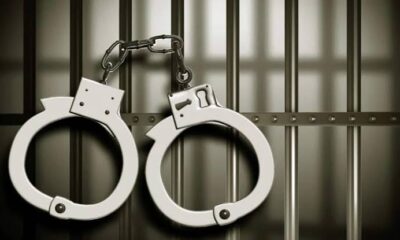
 News4 days ago
News4 days agoSenegal Police Arrest 14 in Transnational Paedophile Ring Linked to France
-
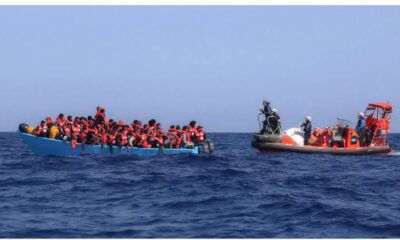
 News4 days ago
News4 days ago55 Migrants Perish as Boat Overturns Off Libyan Coast
-
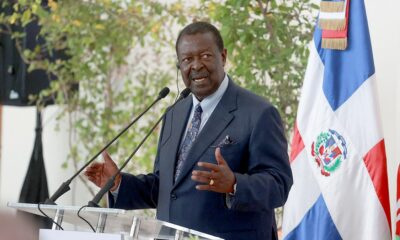
 News4 days ago
News4 days agoKenya to Engage Russia Over Illegal Recruitment of Citizens for Ukraine War
-

 Analysis4 days ago
Analysis4 days agoNigeria’s Tax Reforms and the Diaspora, by Boniface Ihiasota


